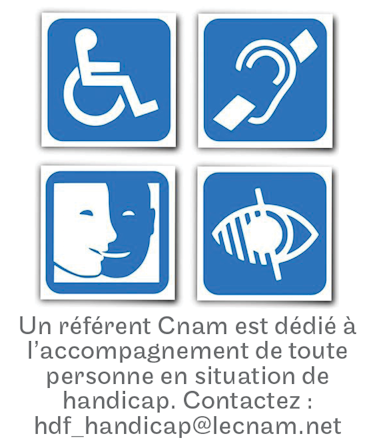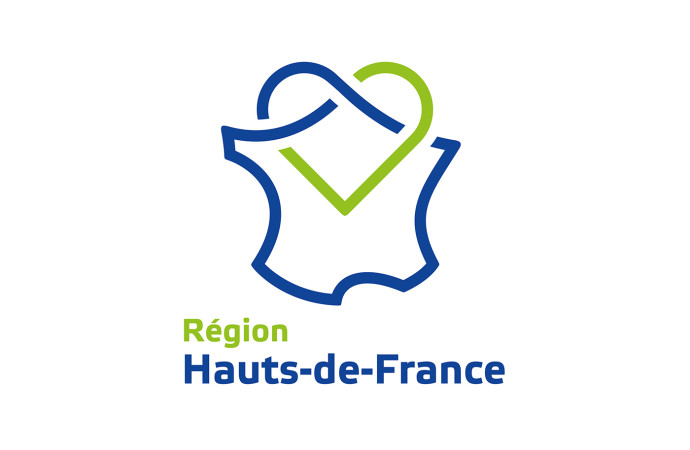Negotiation
Public Concerné
- Bachelor's Degree holder or equivalent
- 3 years of professional experience
- Proficiency in English: (TOEFL IBT 90 or IELTS: 6.5 or TOEIC 800)
- There are no technical requirements but soft skills requirements: 1. curiosity, openness and appetence for connecting together a variety of factors pertaining to negotiation 2. capacity to develop a structured and critical thinking 3. teamwork capacities
Objectifs pédagogiques
Today's managers are constantly confronted with intra or inter-company negotiations. And major companies are becoming more and more complicated to understand
knowing that negotiations are omnipresent. There isn't a day where managers don't have to negotiate either for signing contracts, managing conflicts or for persuading his teams as well as his hierarchy.
Negotiating is cooperating, making concessions or consensus, managing the balance of power, managing conflicts... These skills are necessary to all managers. Is the negotiator able to understand the interests of the different parties? Is he using all the available elements to make a realistic analysis of the different parties such as relationship network maps? Is he able to efficiently communicate with the other parties while keeping a professional approach? Is he ready to use social psychology or rhetorical and persuasion tools to reach his goals? Has he correctly analyzed the risks and the alternatives? Is he able to go beyond the obstacles of all kinds (strategic,
psychological...) in order to reach win-win negotiation? And finally, when he is about to sign a contract, did he make sure it was fulfilling his interests and that the
engagements taken will have the ability to last in time?
Course objectives
- Teach students to efficiently prepare their negotiation in an intercultural context
- Show that negotiation belongs to the vast domain of communication and human sciences thanks to social psychology and economic intelligence.
- Enable students to understand how the balance of power can affect negotiations and how they can manage it.
- Elaborate complexes strategies and diverse scenarios before each negotiation.
- Learning how to manage conflict while being part of it, as well as being a mediator.
knowing that negotiations are omnipresent. There isn't a day where managers don't have to negotiate either for signing contracts, managing conflicts or for persuading his teams as well as his hierarchy.
Negotiating is cooperating, making concessions or consensus, managing the balance of power, managing conflicts... These skills are necessary to all managers. Is the negotiator able to understand the interests of the different parties? Is he using all the available elements to make a realistic analysis of the different parties such as relationship network maps? Is he able to efficiently communicate with the other parties while keeping a professional approach? Is he ready to use social psychology or rhetorical and persuasion tools to reach his goals? Has he correctly analyzed the risks and the alternatives? Is he able to go beyond the obstacles of all kinds (strategic,
psychological...) in order to reach win-win negotiation? And finally, when he is about to sign a contract, did he make sure it was fulfilling his interests and that the
engagements taken will have the ability to last in time?
Course objectives
- Teach students to efficiently prepare their negotiation in an intercultural context
- Show that negotiation belongs to the vast domain of communication and human sciences thanks to social psychology and economic intelligence.
- Enable students to understand how the balance of power can affect negotiations and how they can manage it.
- Elaborate complexes strategies and diverse scenarios before each negotiation.
- Learning how to manage conflict while being part of it, as well as being a mediator.
Capacité et compétences acquises
Ten expected learning outcomes
1. Recognize the importance of the negotiation
2. Adequately address negotiation as a social communication process
3. Develop a comprehensive and relevant analysis of the negotiation's environment including between other things, the interests and best alternatives to negotiation of the various stakeholders
4. Consider cultural as well as individual / psychological factors
5. Utilize the role of information and communication decision making
6. Develop a convincing / persuasive argumentation
7. Transform when possible distributive negotiations into integrative ones
8. In the case of N party negotiations (N > 2) analyze the effect of coalitions
9. Anticipate the impact of third-parties and take decisions accordingly
10. Apply efficiently the available decision making tools
1. Recognize the importance of the negotiation
2. Adequately address negotiation as a social communication process
3. Develop a comprehensive and relevant analysis of the negotiation's environment including between other things, the interests and best alternatives to negotiation of the various stakeholders
4. Consider cultural as well as individual / psychological factors
5. Utilize the role of information and communication decision making
6. Develop a convincing / persuasive argumentation
7. Transform when possible distributive negotiations into integrative ones
8. In the case of N party negotiations (N > 2) analyze the effect of coalitions
9. Anticipate the impact of third-parties and take decisions accordingly
10. Apply efficiently the available decision making tools
Contenu de la formation
- The negotiation issues - the major tensions in negotiations: Cooperation/competition, empathy/Assertiveness, Principle/Agent, Time pressure
- Preparing a negotiation: Who are the main actors? How to draw their profiles, how can I efficiently use what I know of them?
- Economic intelligence: Information gathering and Information analysis
- Chessboards and matrix
- Economic intelligence: chest theory, how to draw a relationship network map?
- Multilateral negotiation: the balance of power in a negotiation -alliances and coalitions, how to face up to the opponents?
- Multilateral negotiation: Power and Coalition Manipulation and influence
- Negotiations in a crisis environment: How to deal with nervous and emotional people?
- Distributive negotiations: Creating Value, vs Distributing value
- Negotiation in a crisis environment: what are the tools used by special forces to free hostages in case of Extreme negotiations
Description des modalités de validation
- Contrôle continu
- Projet(s)
Prévisions d'ouverture
| Groupe | Semestre | Modalité | État d'ouverture | Date du premier cours | Lieux | ||
|---|---|---|---|---|---|---|---|
| US1723 | Negotiation | 3 | Cours de Jour | - | - | - | - |
Voir les dates et horaires, les lieux d'enseignement et les modes d'inscription sur les sites internet des centres régionaux qui proposent cette formation








